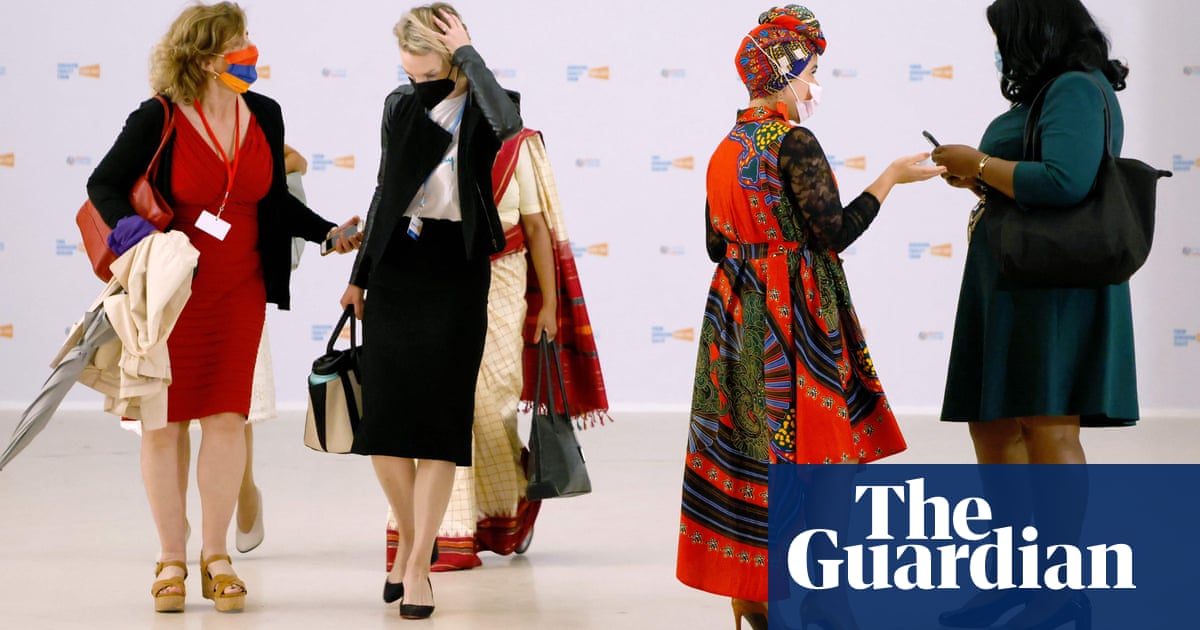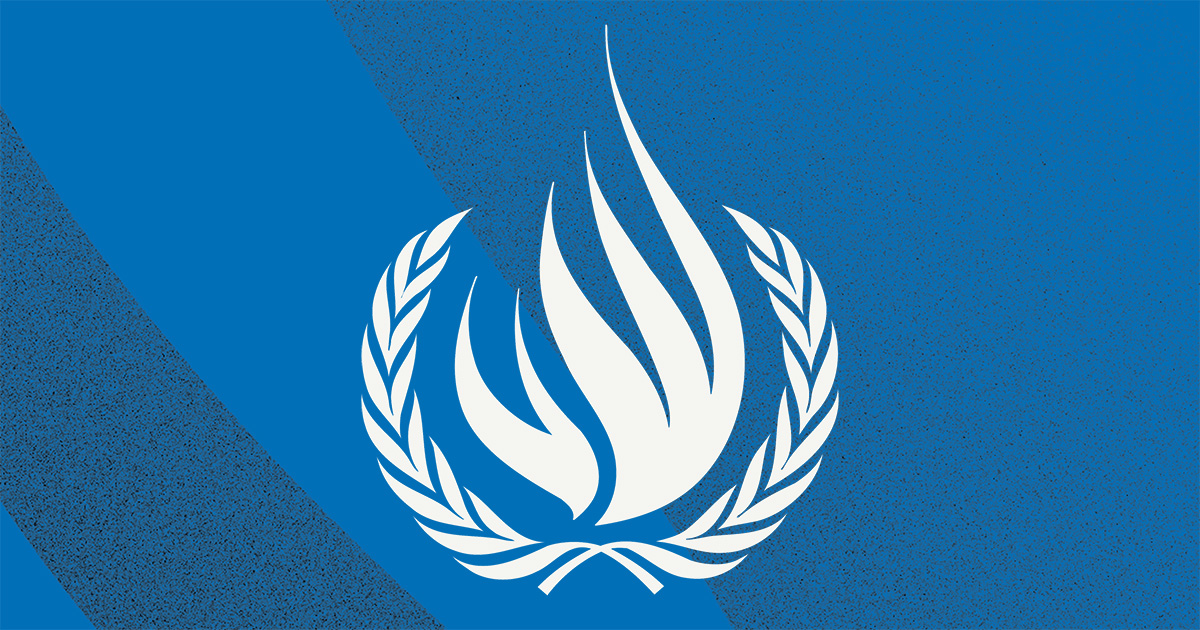
Bias against women is as entrenched as it was a decade ago and gender equality progress has gone into reverse, according to a UN report.
Nine out of 10 people of all genders have a bias against women, found the Gender Social Norms Index, a figure unchanged from data collected more than a decade ago.
Published by the UN development programme on Monday, it found that half of people in 80 countries believe men make better political leaders, 40% believe men are better business executives and a quarter believe it is justified for men to beat their wives.
These figures, from data collected between 2017 and 2022, were largely unchanged from the previous GSNI report, published in 2020, which used data from 2005 to 2014.
“My expectation was that we would see some progress, because nine out of every 10, I mean, how can it get any worse?” said Pedro Conceição, head of UNDP’s human development report office. “And it was also a period in which we saw, for example, the #MeToo movement and a lot of visibility to the very shocking ways in which these bias norms affect women.
“Unfortunately, doing this exercise has been an experience of shock after shock. The first time that we released it, I was shocked with the magnitude [of biases], and this time around I was shocked with the lack of progress.”
The biases result in barriers for women in politics, business and work, as well as the stripping away of their rights and human rights violations, said the researchers. Despite women being more educated and skilled than ever before, there was a 39% salary gap with men, they added.
“This is truly alarming and explains why the world is completely off-track in achieving gender equality by 2030,” said Anam Parvez, head of research at Oxfam GB. “In 2021, one in five women were married before they turn 18, 1.7 billion women and girls live on less than $5.50 a day, and women continue to take on three times as much unpaid care and domestic work as men around the world.
“At the current rate of progress it will take 186 years to close gaps in legal protections. It also explains why, while there has been some progress on enacting laws that advance women’s rights, social norms continue to be deeply entrenched and pervasive.”
Heidi Stöckl, a professor specialising in gender-based violence at Ludwig-Maximilians-University Munich, said “a conscious effort and a strong commitment from all levels of society” were needed to overcome entrenched bias. But there are signs of progress, she said, with a surge in education rates in places such as Bangladesh and higher representation of women in politics and in the economy.
“We have experienced a serious backlash and rollback of women’s rights, most notably in Afghanistan but also in the western world with the election of Donald Trump or in South Korea, where an anti-feminist president was elected recently,” said Stöckl. “What makes me hopeful is that, in the majority, the younger part of the population clearly resents this backlash and is striving for an equal society.”
The UN report calls for women’s economic contributions to society to be better recognised, including unpaid work, for laws and measures that ensure political participation to be enacted, and for more action to fight stereotypes.
“These views persist because of social and cultural norms that devalue women and reinforce men’s power, control and feelings of entitlement, as well as promoting beliefs that trivialise and normalise violence against women and even blame victims for their own abuse,” said Andrea Simon, director of the End Violence Against Women Coalition. “It is these attitudes that can drive violent acts and behaviours and we can only truly prevent this violence by shifting these attitudes.”











